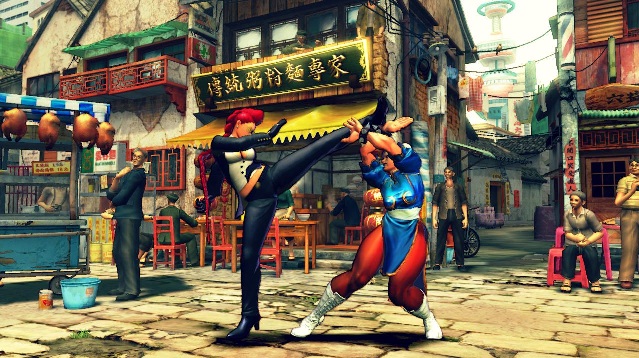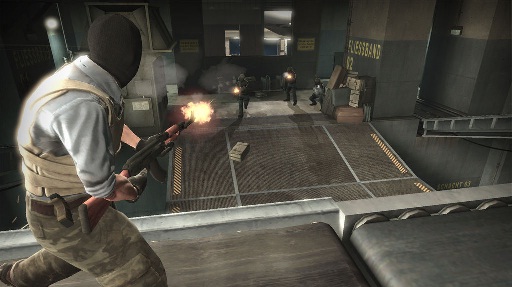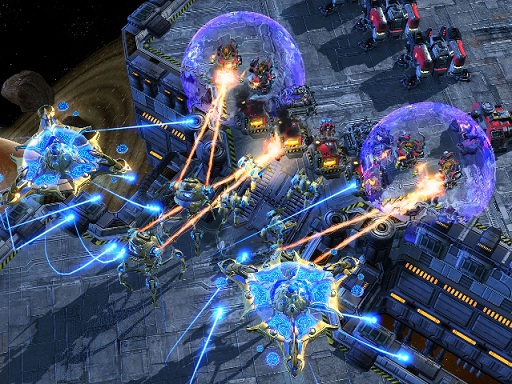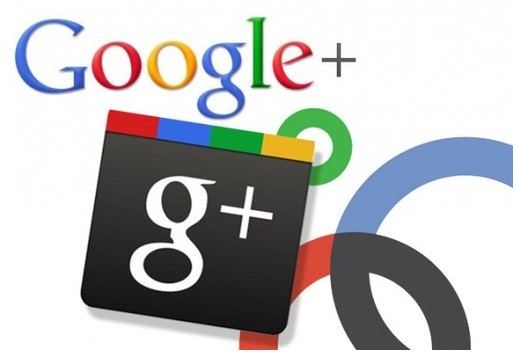Competitive video games on TV or eSports, has flirted with TV over the years, but rarely gained the kind of foothold among U.S. viewers that it enjoys in other parts of the world. Sure, there’s the occasional World Championship Series broadcast, but nothing like the weekly or daily events seen in South Korea:
[youtube http://www.youtube.com/watch?v=jJkXeVmRYhM]
Why is this?
Is the U.S. audience is not ready, or have the broadcasters simply not found the right medium for the message?
G4 used to do a fairly thorough coverage of competitive video gaming for TV, even providing amateurs and prospective professionals alike with helpful advice and training; but has since been processed into more of a lifestyle channel, featuring more comedy and reality programming than true gamer coverage. ESPN occasionally televises major events, and you can sometimes find eSports on the lineup of satellite providers. But considering that around 70% of U.S. households have at least one gamer (with an average age in the late 20’s to early 30’s), competitive video gaming really should take up more TV space than, say, shuffleboard, or coverage of local sewage board meetings.
Some of the resistance to televised eSports comes from the fact that the physical act of gaming isn’t a particularly telegenic one. After all, most competitors are staring at a screen, unless the cameraman gets lucky with a particularly pronounced facial expression or twitch of frustration, the gamers simply don’t add much excitement to the event. When it comes to TV, even golf and poker provide more revealing insights of the physical aspects of playing the game.
Still, nobody can say that eSports aren’t inherently telegenic. The games themselves were designed to be visually compelling, whereas IRL sports merely accommodate spectators. Nothing in the world of TV sports can even come close to the immersive 3D combat experience of the average First Person Shooter (FPS); for that, you’d have to go to a film like “Aliens” or “Black Hawk Down.”
It’s also flawed to suspect that eSports viewers wouldn’t be able to process what was unfolding on TV. The average video game player or fan will have an equally thorough (or more thorough) understanding of the game than the average football or NASCAR spectator. Sure, there’s the occasional disconnect between the player’s actions and the onscreen results; especially when it’s a more abstract less one-to-one relationship, such as with an Real Time Strategy) RTS like StarCraft — it tends to be a fleeting confusion, no less disruptive to the unfolding action and drama than the frequent moments of chaos one finds when watching football or basketball. That’s yet another reason why you need commentary; whether in IRL hockey or Major League Gaming (MLG) Mortal Kombat.
Speaking of which, is Mortal Kombat or Street Fighter any less engaging to TV viewers than IRL boxing or WWE? Although lacking the visceral blood, guts, and sweat of the latter, eSports fighting games provide a far more varied spectacle. Yes, it’s great to see Wladimir Klitschko punching someone for 45 minutes, but how often does he turn into a dragon and eat the opponent’s torso? And the perennial appeal of Pro Wrestling merely supports the point that viewers can be thoroughly engaged by Over the Top characters getting into fights that aren’t real.
Now for some good news: MLG and gamer streaming site Twitch are working together with CBS Interactive to bring some serious eSports action to TV. It’s about time that the likes of BoxeR and Fatal1ty got more recognition than Tim Tebow.





